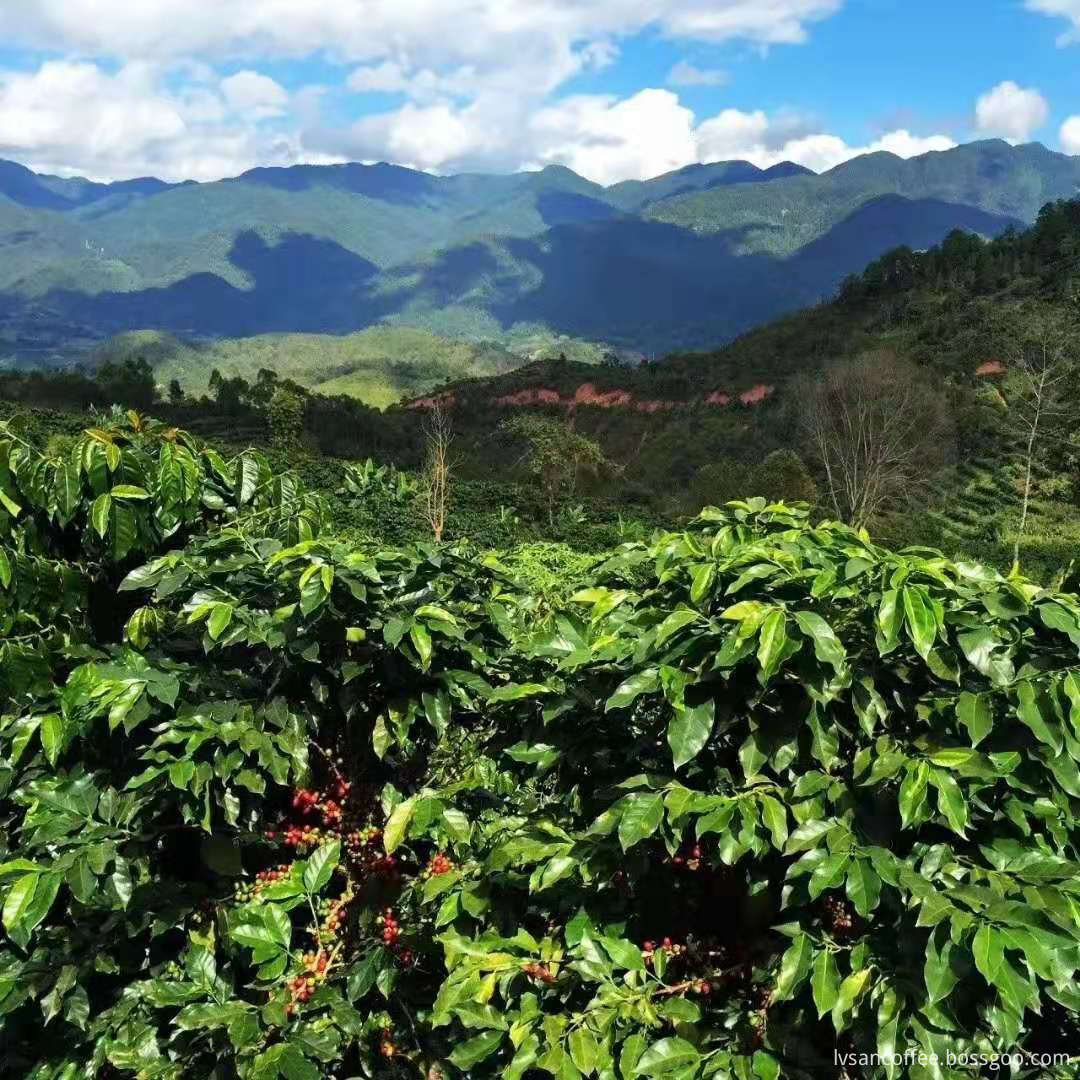1. Glucose
In high-temperature conditions, providing glucose to livestock and poultry can help reduce mortality rates, improve breeding success, and promote weight gain. A common practice is to use a 4% glucose solution in their drinking water, which provides an immediate energy boost and helps animals cope with heat stress.2. Oligosaccharides
Including oligosaccharides in animal feed enhances nutrient absorption, increases daily weight gain, and improves feed intake. Common types include fructooligosaccharides, mannooligosaccharides, and others. These prebiotics support gut health and contribute to better overall performance in animals.3. Sodium Bicarbonate
Sodium bicarbonate helps neutralize acidic substances in the blood and strengthens the body's buffering capacity. It is typically added to drinking water at a concentration of 0.1 to 0.2%, which aids in maintaining acid-base balance during heat stress.4. Potassium Chloride
Adding 60–80 grams of potassium chloride per kilogram of feed or drinking water can counteract the negative effects of heat stress and enhance productivity. It supports electrolyte balance and improves animal performance under stressful conditions.5. Vitamin C
Vitamin C plays a key role in stabilizing corticosteroid production, boosting immune function, and supporting cellular and systemic immune responses. It can be added to feed or water at a dosage of 200 mg per kilogram of body weight, helping animals resist stress and disease.6. Vitamin E
Vitamin E promotes the synthesis of immunoglobulins and enhances lymphocyte activity, thereby improving the body’s ability to fight off diseases. It is commonly used in feed or water at a rate of 200–300 mg per kilogram of body weight.7. Selenium
Selenium is known for its ability to improve resistance to heat stress. It is typically administered at a dose of 0.33 mg per kilogram of body weight, supporting antioxidant defenses and overall health.8. Chromium
Adding 0.4 mg of yeast-bound chromium per kilogram of feed can significantly lower serum cortisol levels, enhance immunity, and improve growth performance in animals under heat stress.9. Fumaric Acid
Fumaric acid boosts energy production and enhances the body’s resistance to stress. It also has a mild sedative effect by inhibiting the central nervous system, helping to reduce panting and discomfort during hot weather. It is usually included in feed at a concentration of 0.1%.10. Citric Acid
Citric acid is metabolized into carbon dioxide and bicarbonate in the body, helping to buffer acidic by-products. It is often added to feed at a rate of 0.1% to support metabolic balance and improve digestion.11. Succinic Acid
Succinic acid acts as an effective stress buffer and is commonly added to feeds at 1–3%. It helps maintain energy levels and supports the animal’s ability to handle environmental stressors.12. Bacitracin Zinc
Bacitracin zinc helps alleviate the negative impacts of heat stress on animals. It is typically used at a rate of 50 mg per kilogram of feed, supporting gut health and reducing the risk of infections.13. Flavomycin
Flavomycin improves feed conversion efficiency, enhances nutrient absorption, and supports immune function. It is generally added to feed at a rate of 5 mg per kilogram of feed.14. Virginiamycin
Virginiamycin increases weight gain and survival rates in animals exposed to heat stress while improving feed utilization. The typical dosage is 15–20 mg per kilogram of body weight.15. Asunic Acid
Asunic acid promotes protein synthesis and helps mitigate the effects of heat stress. It significantly improves production performance when added to feed at a rate of 30–100 mg per kilogram of feed.China Green Coffee Beans
flavor: mellow and balanced, with fruit acid flavor, nuts, honey, chocolate, citrus;
Variety:Aribica
processing method: washing;
water content: less than 12%;
packaging: 60kg / bag
In 1892, French missionary father Tian Daneng preached in Dali, Yunnan Province, China. In order to drink coffee, he taught local villagers to grow and drink coffee. Up to now, coffee has been planted in Yunnan Province of China for more than 100 years, with an area of 120000 mu. Most of the varieties planted in Yunnan are ccatimor, with an altitude of 1000-1500m, The coffee produced in Yunnan has a balanced taste, rich nut and citrus flavor, some of which are very sweet, with obvious taste of chocolate, toffee and maple sugar. It is one of the high-quality coffee producing areas. Our coffee is produced at the junction of Puer and Burma - the Myitkyina original jungle beans at 1500-1750, with a rich flavor, high aroma and high sweetness. The 2019 international coffee cup Masters Tournament (China finals) is sponsored by beans.

Bulk Green Coffee Beans,Light Roast Coffee Beans,Green Robusta Coffee Beans,Arabica Roasted Coffee Beans
Yunnan New Biology Culture Co,.Ltd , https://www.lvsancoffee.com